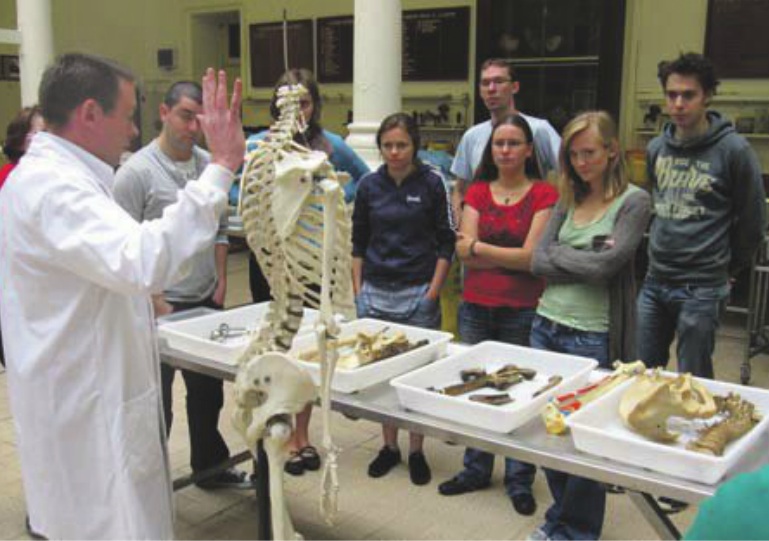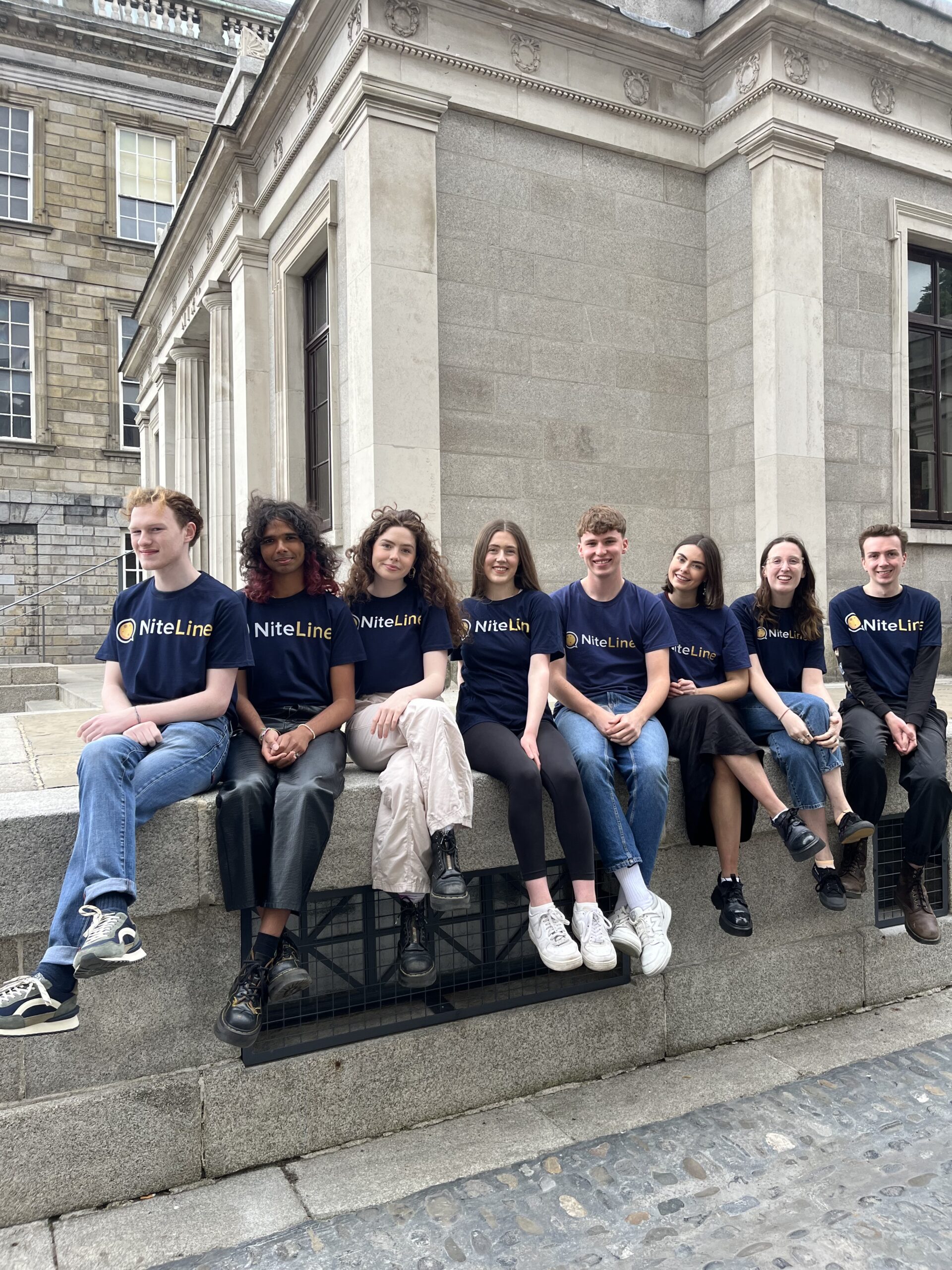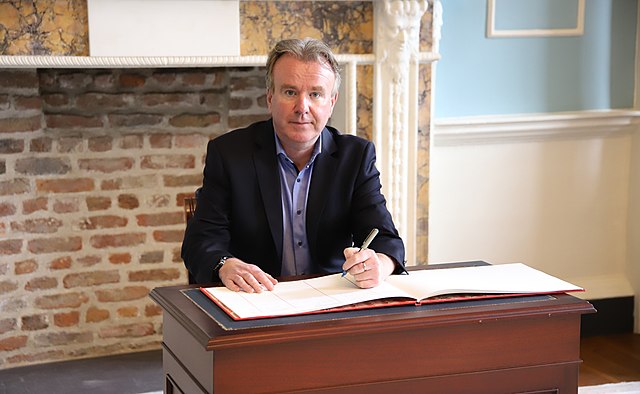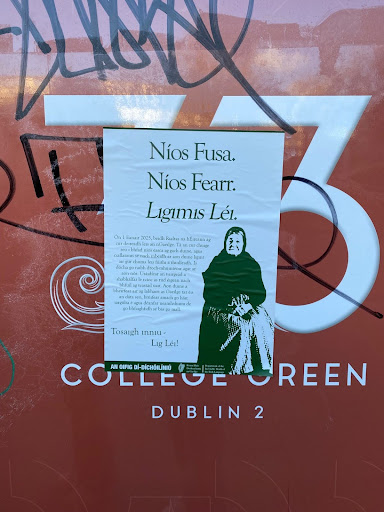Hannah Ryan | News Editor
The School of Medicine, Trinity College has expressed its concern at the lack of places for Non-EU graduates on the National Internship Training Programme (NITP) in Ireland. This stemmed in part from the realisation that of the 124 students in their final year of Medicine in 2011-12, 82 were allocated internships upon graduating and, of these, only two were Non-EU students.
A report circulated within the School of Medicine in February of this year states that: “the lack of places for Non-EU graduates is a cause of concern and may reduce the attractiveness of training in Ireland in the long-term. The development of new internship places in traditional and non-traditional specialties (Psychiatry, Obstetrics, Paediatrics and General Practice) is imperative if we are to continue to attract high calibre international students to Irish Medical Schools.”
Speaking to The University Times, Director of Undergraduate Teaching and Learning in the School of Medicine, Dr Martina Hennessy, stated:
“As part of the curricular reform process the numbers of places for EU students to do Medicine across the various Irish University Medical Schools has increased. It is expected that eventually approximately 723 EU students will graduate each year.
“A European Directive (not confined to medical internships) dictates that posts must be first offered to EU citizens, before being offered to Non-EU eligible applicants. A combination of these issues means [firstly] there is not enough posts available to take account of all Non-EU students who may wish to undertake their internship in Ireland, and [secondly] if there were more posts than needed for EU applicants in a given year the excess would have to be offered to other eligible EU graduates before they could be offered to Non-EU graduates. Despite this, a small number of Non-EU graduates secure a place for internship each year.”
Speaking of the detrimental effect that this lack of internship places might have on Irish universities, Dr Hennessy said: “In the long term…[this] may impact on the attractiveness of Irish Medical Schools to International applicants; this would have a negative impact on the funding of Irish University Medical Schools and reduce the cultural diversity that is a very positive part of our programmes.”
The current fees for Non-EU Undergraduate Medicine students stand at €31,085 per annum. For European students, this yearly cost is €8,456. In 2011, 28% of the 823 Undergraduate Medicine students in Trinity were international, numbering roughly 230 students. It is estimated that Non-EU Medicine students account for roughly €5 million of the College’s annual income. Furthermore, the situation is made more problematic by the fact that students who have been living outside the EU for two of the previous five years must now pay Non-EU rates, which may affect the desire of Irish students to return home to complete their studies.
Medical students from outside the European Union arrive to Trinity from three sources: an agreement between the Irish and Malaysian governments; the Atlantic Bridge programme in the U.S. and Canada; and private admissions from other countries. When the inter-governmental agreement with Malaysia concludes, Trinity School of Medicine plans to “strengthen student admission from new Non-EU sources.”
“This issue remains a very active part of the debate on the future of medical training in Ireland,” Dr Hennessy assured. “I believe there is a great willingness across the sector to seek a solution that will recognise the value and potential contribution of all our students.”







